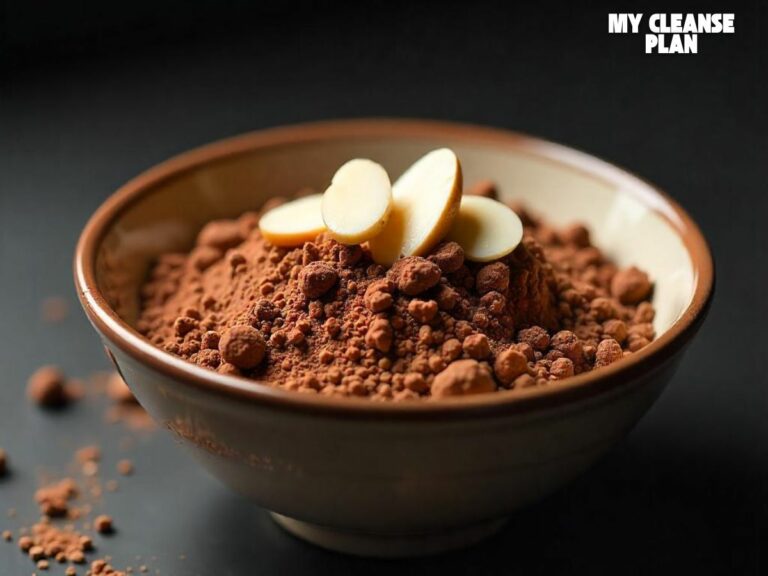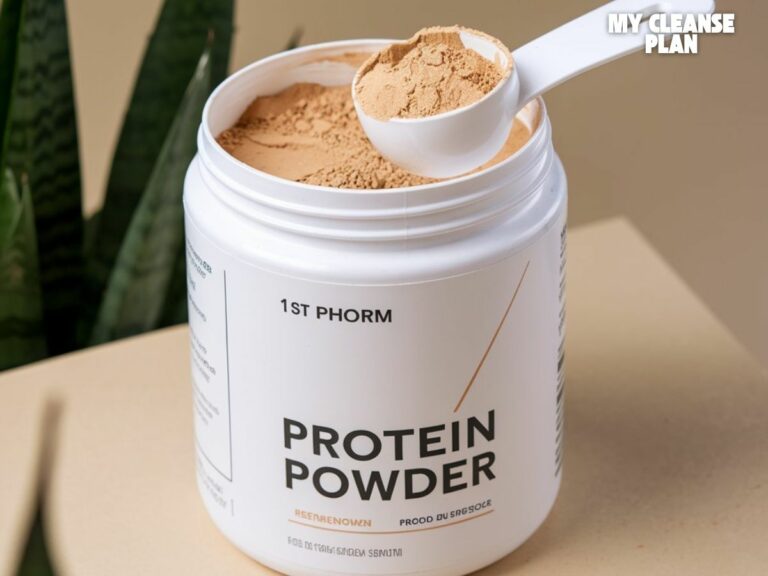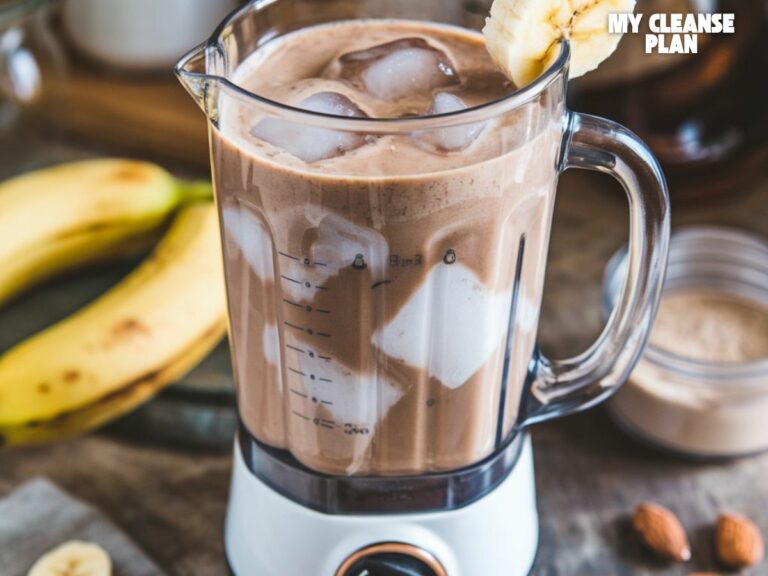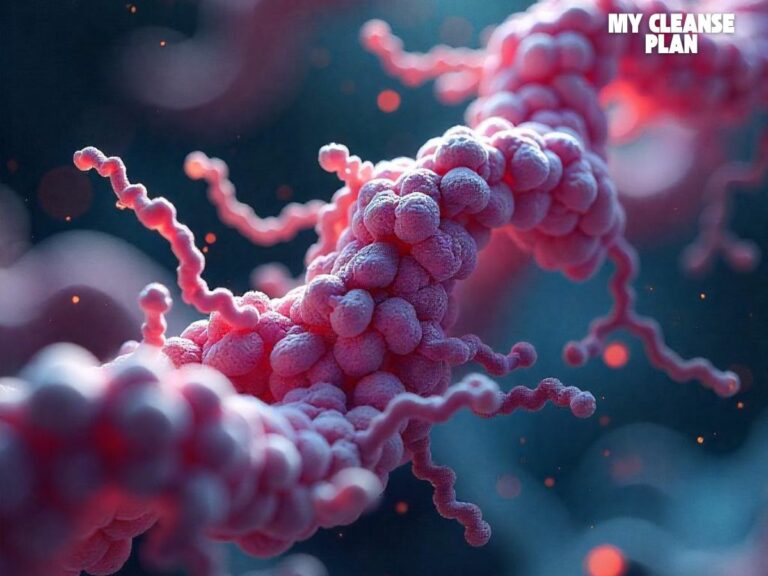Why Are Protein Farts So Bad and How to Fix It: The Science Behind
If you’ve ever embarked on a high-protein diet, you’ve probably experienced the not-so-pleasant side effect of protein farts. These foul-smelling emissions can be downright embarrassing and disruptive, leaving you wondering, “Why are my farts so bad?”
Well, my friend, the answer lies in the complex world of gut bacteria and the way our bodies process protein.
But fear not, there are ways to tame the protein fart beast and keep your digestive system happy. Let’s dive into why are protein farts so bad and how to fix them.
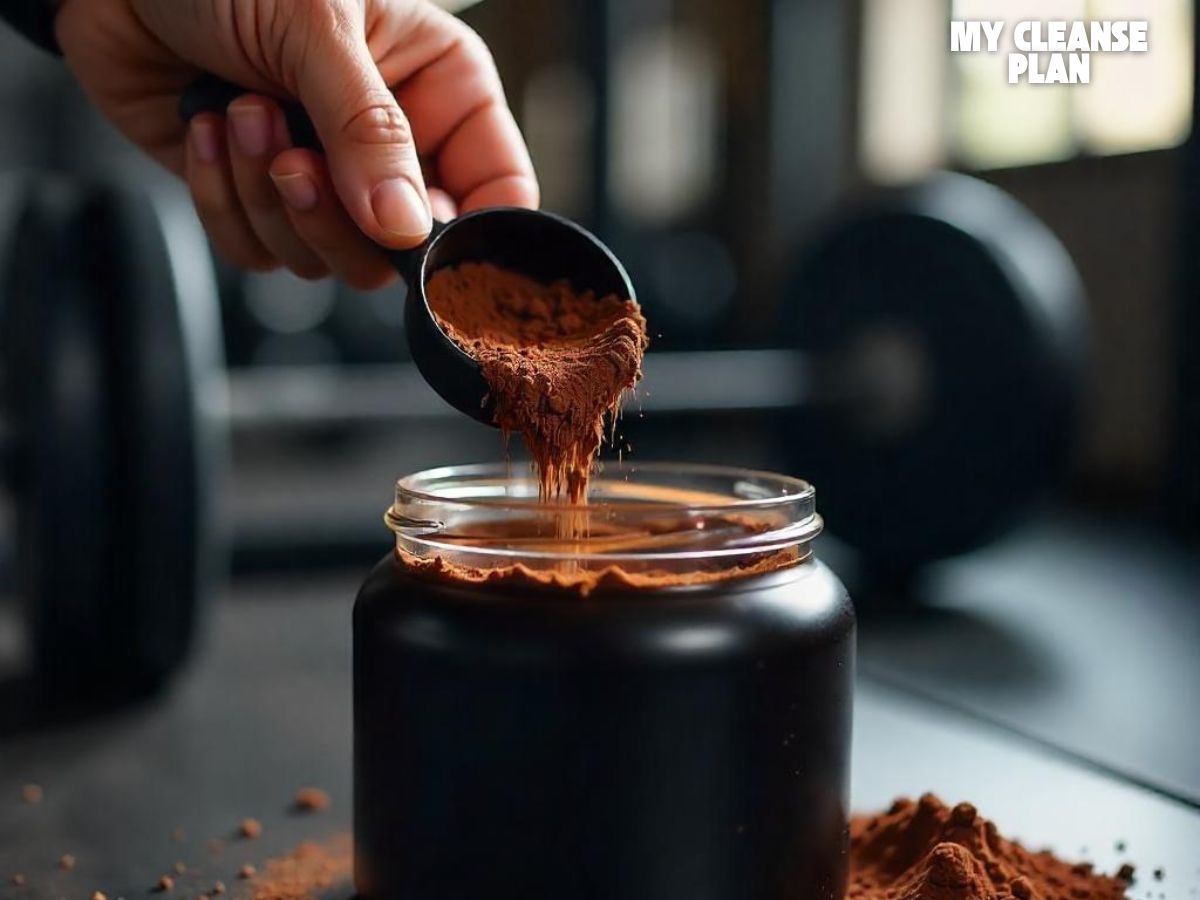
Key Takeaways
Expert Guide
What Causes Protein Farts?
When you increase your protein intake, particularly from sources like meat, dairy, and protein supplements, your gut bacteria have to work overtime to break down all that extra protein.
This process can lead to the production of sulfur-containing compounds, which are the culprits behind those heinous protein farts.
The specific bacteria responsible for this are called sulfur-reducing bacteria, and they thrive in the presence of high-protein diets.
As they feast on the excess protein, they release hydrogen sulfide, the rotten egg-like compound that makes protein farts so unbearable.

The Stinky Science Behind Protein Farts
It’s not just the sulfur-containing compounds that contribute to the pungent aroma of protein farts.
Other factors come into play as well:
- Increased Gas Production: High-protein diets can lead to increased gas production in the gut, as the body struggles to break down all the extra protein. This results in more frequent and voluminous flatulence.
- Malabsorption: If your body can’t fully absorb all the protein you’re consuming, the undigested bits can ferment in your intestines, leading to even more gas production and foul-smelling farts.
- Gut Bacteria Imbalance: An overgrowth of certain gut bacteria, like the sulfur-reducing ones, can disrupt the delicate balance of your microbiome, exacerbating the protein fart problem.
The Dangers of Protein Farts
Apart from the social awkwardness and potential loss of friends, protein farts can actually be indicative of more serious digestive issues.
Excessive gas and foul-smelling flatulence can be a sign of:
- Lactose Intolerance: If you’re consuming a lot of dairy-based protein, you may be lactose intolerant, which can lead to severe gas and bloating.
- Irritable Bowel Syndrome (IBS): Protein farts can be a symptom of IBS, a chronic condition that affects the digestive system.
- Food Allergies or Intolerances: Certain protein-rich foods, like nuts, soy, or gluten, may be triggering an allergic or intolerant response in your body, resulting in protein farts.
If protein farts are a persistent problem, it’s a good idea to consult with your healthcare provider to rule out any underlying medical conditions.
Strategies to Tame Protein Farts
Now that we’ve explored the causes and potential dangers of protein farts, let’s dive into the fact that why are protein farts to bad and how to fix it:
1. Gradually Increase Protein Intake
When transitioning to a high-protein diet, don’t jump in headfirst. Increase your protein intake gradually to give your gut bacteria time to adapt. This can help prevent the sudden onslaught of protein farts.
2. Choose Lower-Sulfur Protein Sources
Not all protein sources are created equal when it comes to fart-inducing potential.
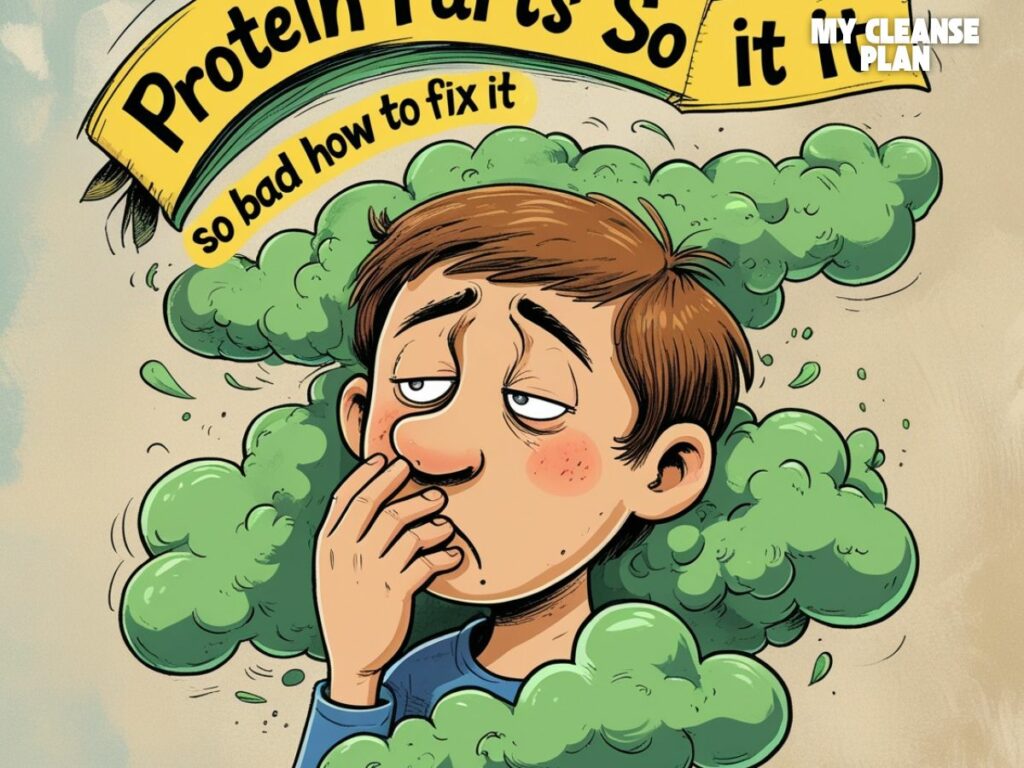
Try to focus on lower-sulfur options, such as:
- Chicken
- Turkey
- Fish
- Eggs
- Legumes (e.g., lentils, chickpeas)
- Plant-based protein powders (e.g., pea, hemp, rice)
3. Supplement with Digestive Enzymes
Digestive enzymes like proteases and peptidases can help your body more effectively break down and absorb protein, reducing the amount of undigested protein that can cause gas and farts.
4. Incorporate Probiotics
Probiotics, the “good” bacteria that live in your gut, can help restore the balance of your microbiome and crowd out the sulfur-reducing bacteria that contribute to protein farts. Look for probiotic-rich foods like yogurt, kefir, and fermented vegetables.
5. Stay Hydrated
Drinking plenty of water can help dilute the concentration of sulfur-containing compounds in your intestines, making your farts less pungent.
6. Avoid Carbonated Beverages
Fizzy drinks can introduce extra air into your digestive system, leading to increased gas and more frequent flatulence.
7. Exercise Regularly
Regular physical activity can help stimulate your digestive system and keep things moving, reducing the build-up of gas that can lead to protein farts.
Why Do Some People Suffer Worse Than Others?
Now, you might be wondering – if protein farts are a natural by-product of digesting protein, why do some people seem to get hit much harder by them than others? Well, there are a few key factors at play here:
- Gut Microbiome: Your gut bacteria influence protein digestion. Less diverse microbiomes or an excess of certain bacteria can lead to more gas and foul-smelling flatulence.
- Enzyme Production: Inadequate enzyme production, like pepsin and trypsin, makes protein breakdown less efficient, causing smellier farts.
- Individual Sensitivity: Sensitivity to protein-induced gas varies. Factors include pain tolerance, intestinal muscle strength, and personal smell preferences.
- Digestive Issues: Conditions like IBS, Crohn’s, or lactose intolerance can worsen protein fart symptoms, especially with an inflamed or sensitive gut.

Explore Also:
Creativehouseblog
Dietsheriff
Gigasecurehome
Protein farts may be a smelly side effect of a high-protein diet, but with the right strategies, you can get rid of the question of why are protein farts so bad and how to fix it and keep your digestive system (and your social life) happy.
By addressing the root causes of protein farts, you can enjoy the benefits of a high-protein diet without embarrassing and disruptive flatulence.
FAQs Of Why Are Protein Farts So Bad and How to Fix It?
What causes protein farts?
The breakdown of protein produces gases like hydrogen, methane, and sulfur compounds.
Why do some people experience worse protein farts?
Factors like gut microbiome, enzyme production, sensitivity, and pre-existing issues can make some more prone to severe protein-induced flatulence.
How can you reduce protein farts?
Tips include gradually increasing protein, choosing easy-to-digest sources, and using supplements like digestive enzymes and pro-biotics.
Can protein farts ever be a sign of a more serious underlying health issue?
In some cases, persistent, severe protein farts could potentially indicate a more serious gastrointestinal problem like small intestinal bacterial overgrowth (SIBO), exocrine pancreatic insufficiency, or even colon cancer.


